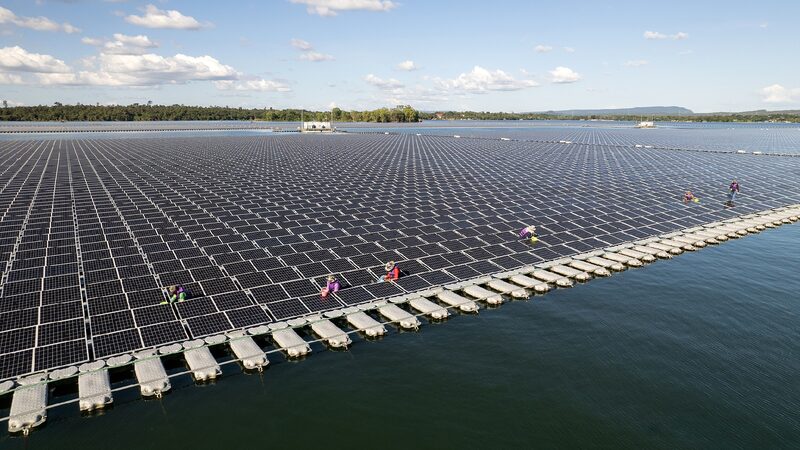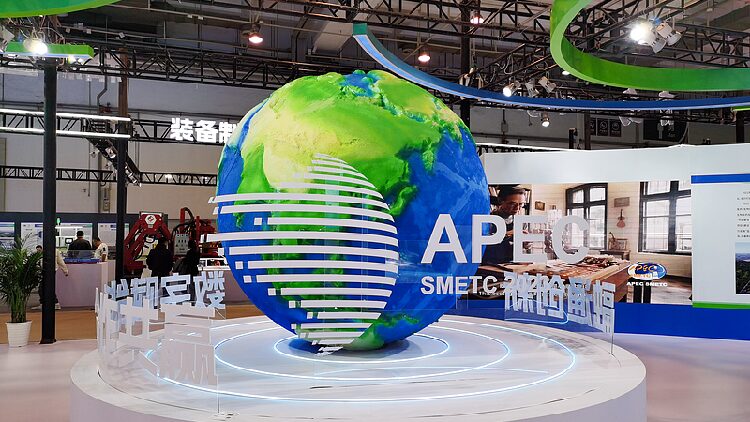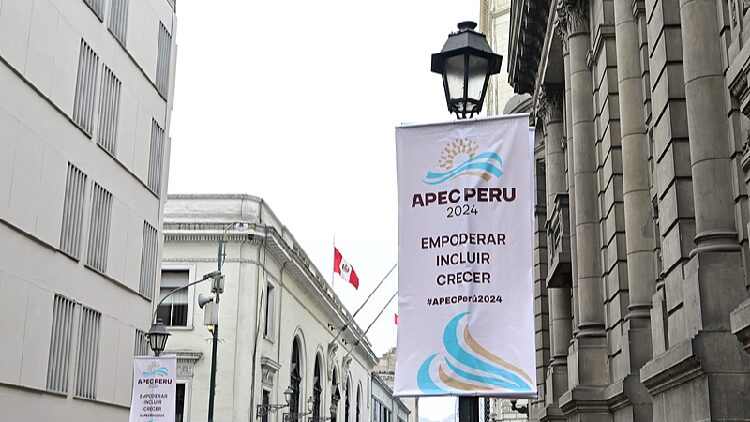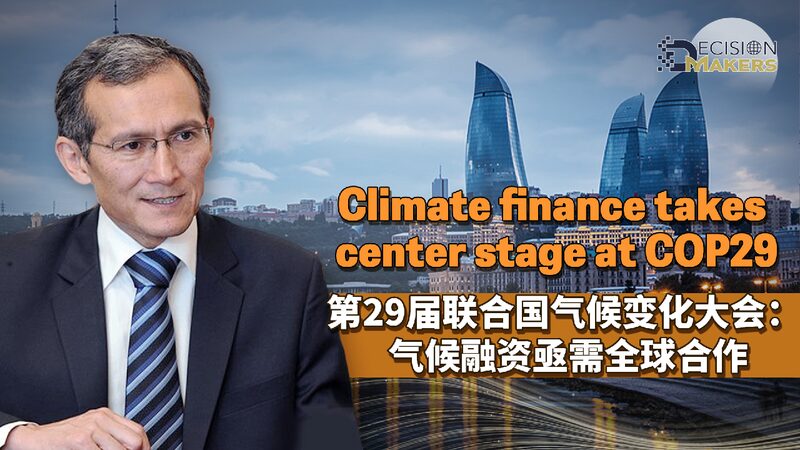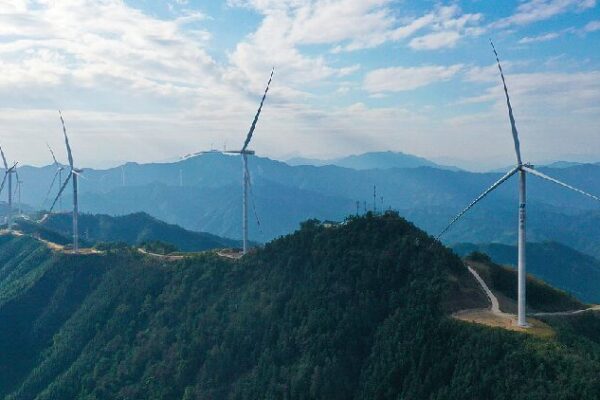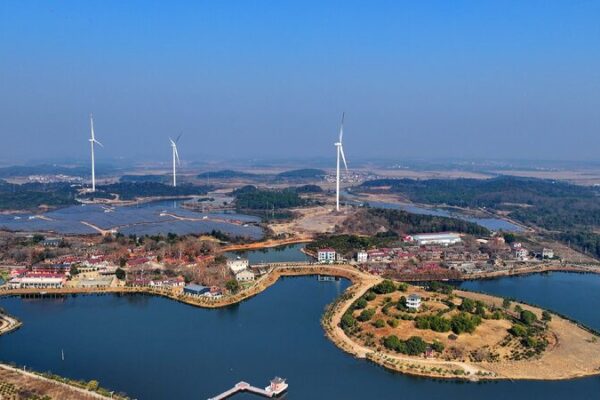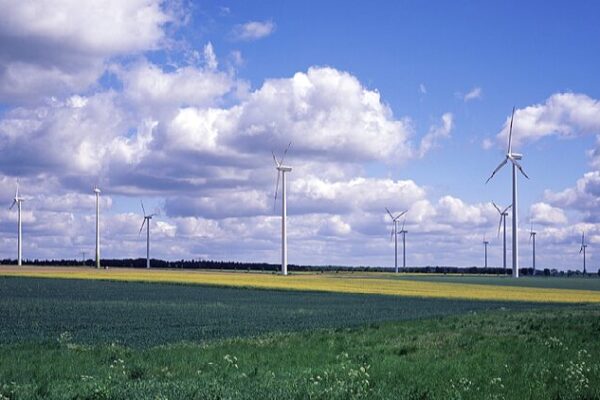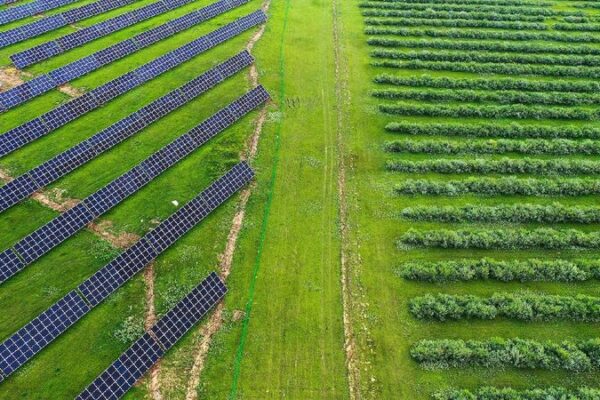Faced with the urgent challenges of climate change, economies within the Asia-Pacific Economic Cooperation (APEC) are ramping up collaborative efforts to foster sustainable and inclusive growth. From investing in renewable energy to enhancing disaster resilience and promoting green investments, APEC is prioritizing environmental goals to mitigate the escalating impacts of climate change.
"While the global economy shows resilience, APEC economies are confronting persistent challenges like inflation, economic disparities, and an urgent need for greater investment in green, climate-resilient infrastructure," said Julia Torreblanca, Chair of the APEC Business Advisory Council. Her remarks underscore the necessity for continued action toward sustainability.
Over the past decade, significant strides have been made. Between 2008 and 2020, forest cover in the region increased by 22.7 million hectares. In 2020 alone, green bond issuances reached a staggering $92.3 billion, funding sustainable projects across member economies. APEC members are also working towards doubling the share of renewables in their energy mix by 2030, demonstrating a clear commitment to reducing carbon footprints.
A pivotal aspect of APEC’s strategy is the Bio-Circular-Green (BCG) economy model, endorsed during the 2022 APEC Economic Leaders’ Meeting in Bangkok. This model integrates circular practices with technology and innovation to reduce waste and maximize value, promoting resilience and sustainable growth.
At a high-level forum in San Francisco in November 2023, scholars, delegates, and executives from APEC economies discussed strategies for an inclusive, equitable, and resilient clean energy transition. The emphasis was on collaboration and innovation to drive meaningful change.
In May 2024, APEC’s Emergency Preparedness Working Group highlighted the importance of strengthening disaster resilience. Juan Castro, Peru’s Minister of Environment, emphasized that climate change presents not just challenges but also opportunities. "It’s an opportunity for institutional change, allowing us to re-envision our economies," he said.
Scientific research and technology are central to APEC’s approach. During the 2024 APEC Climate Symposium in Lima this August, experts noted the growing economic toll of natural disasters, with annual damages increasing from $52 billion in the 1980s to $232 billion in the early 2020s. Raquel Hilianova Soto, Peru’s Vice Minister of Environment, stressed that "science, research, and technology are essential to mitigating these impacts and enhancing resilience."
Jing Ran, Director of the School of International Trade at the University of International Business and Economics in Beijing, observed that APEC’s focus on technology, the digital economy, and climate change reflects shared interests among Asia-Pacific nations. This alignment reinforces APEC’s pivotal role in fostering regional cooperation to tackle one of the most pressing global challenges.
As the impacts of climate change intensify, APEC economies are demonstrating a strong commitment to collective action. Through sustainable initiatives, innovative models like the BCG economy, and a focus on technology and resilience, they are paving the way for a greener and more sustainable future.
Reference(s):
cgtn.com
